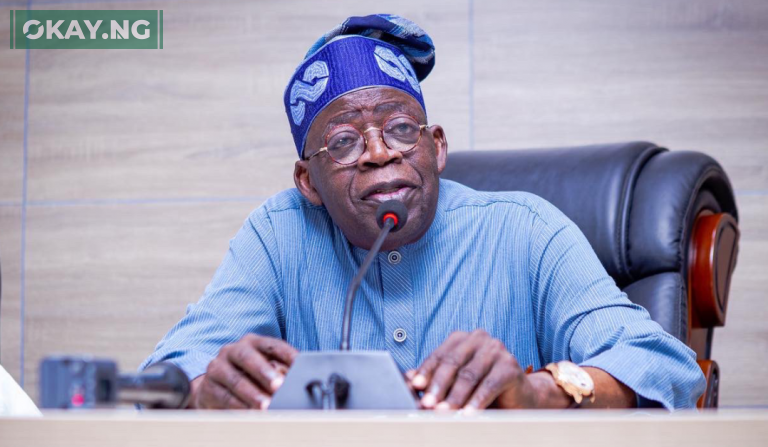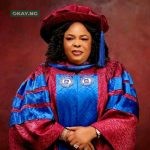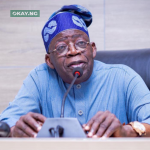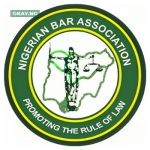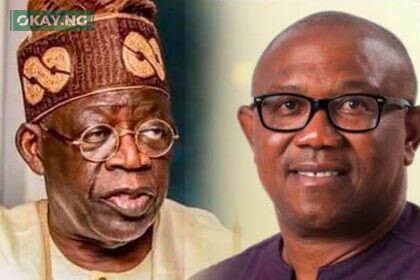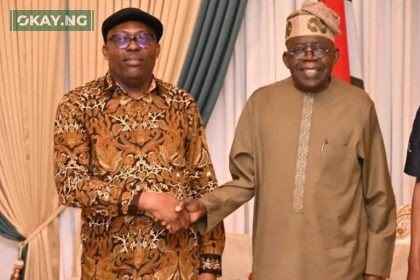In a significant political realignment ahead of the 2027 elections, President Bola Tinubu’s ruling All Progressives Congress (APC) has successfully attracted 12 National Assembly members—including senators and representatives—from opposition parties. This wave of defections prominently features lawmakers from Akwa Ibom State, alongside senators from Edo and Nasarawa states, signaling a growing consolidation of power under Tinubu’s leadership.
Ten National Assembly members from Akwa Ibom, originally elected under the Peoples Democratic Party (PDP) and Young Peoples Party (YPP), have declared their intention to join the APC, aligning themselves with Governor Umo Eno who recently defected from the PDP. The defections include Senators Ekong Sampson (Akwa Ibom South) and Aniekan Bassey (Akwa Ibom North-East), as well as House of Representatives members Okpolupm Etteh, Paul Asuquo, Alphonsus Uduak, Ime Bassey, Martins Esin, Unyime Idem, and Mark Esset. Emmanuel Ukpongudo of the YPP is also reported to be joining the APC.
The APC’s National Vice Chairman (South-East), Dr. Ijeoma Arodiogbu, confirmed the defections and revealed that nearly all Akwa Ibom State House of Assembly members are also expected to join the ruling party, with only a few hesitant lawmakers still being persuaded.
The defections come on the heels of Governor Eno’s move to the APC, which he justified by emphasizing inclusivity and alignment with the federal government’s agenda. “I have decided to progressively move to the APC. Our government has always been an inclusive government, which will never change,” Eno said during a public address in Uyo, Akwa Ibom’s capital.
In Edo State, Senator Neda Imasuen, elected under the Labour Party, announced plans to defect to the APC on June 12, citing internal disarray within the Labour Party and a desire to better align Edo South with federal development priorities under President Tinubu’s Renewed Hope Agenda.
Similarly, Senator Ahmed Wadada from Nasarawa West, a member of the Social Democratic Party (SDP), is poised to join the APC due to “irreconcilable differences” with former Kaduna State Governor Nasir el-Rufai, whose recent defection to the SDP has stirred controversy. Wadada expressed concerns about the SDP’s ideological direction and personal ambitions overriding collective interests.
The APC is also actively courting four PDP governors from Adamawa, Plateau, Osun, and Bayelsa states to join its ranks, intensifying speculation about the party’s growing dominance. Dr. Arodiogbu dismissed accusations of inducement, stating, “No one is being coerced. The achievements of the Tinubu administration are self-evident. People are simply aligning with progress.”
Meanwhile, PDP leaders in Bauchi, Taraba, and Zamfara states have reaffirmed their loyalty to their party despite the defections. Bauchi PDP Publicity Secretary Dayyabu Ciroma described Governor Eno’s defection as a betrayal and predicted PDP’s continued dominance in the state. Taraba PDP Chairman Alhaji Abubakar Bawa dismissed rumors of Governor Agbu Kefas defecting, emphasizing the party’s strong grassroots connection. Zamfara Governor Dauda Lawal’s media aide Mustafa Kaura reiterated the governor’s commitment to the PDP, rejecting suggestions he would join the APC.
As the political landscape shifts, the APC now controls 23 states, while the PDP holds 10, and other parties like the Labour Party and All Progressives Grand Alliance maintain smaller footholds. With defections accelerating, the 2027 elections promise intense competition, with President Tinubu’s Renewed Hope Agenda at the center of Nigeria’s evolving political narrative.


